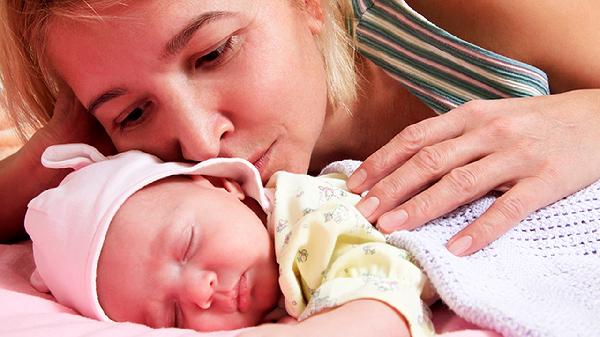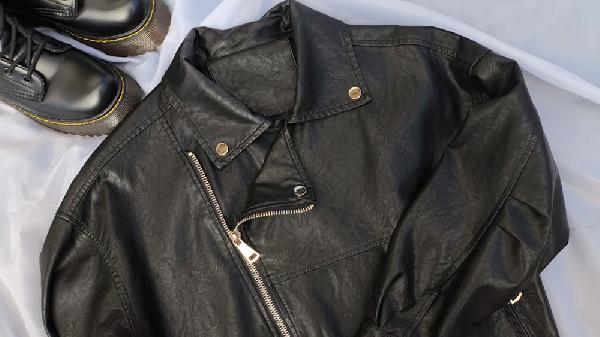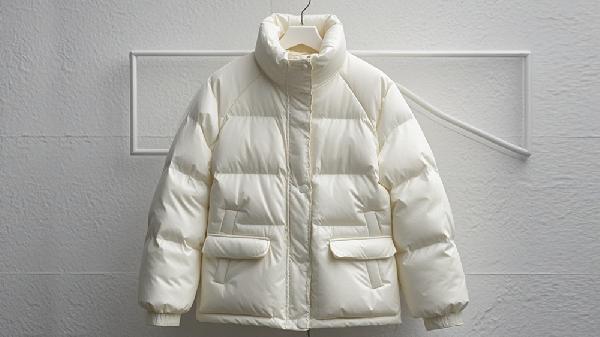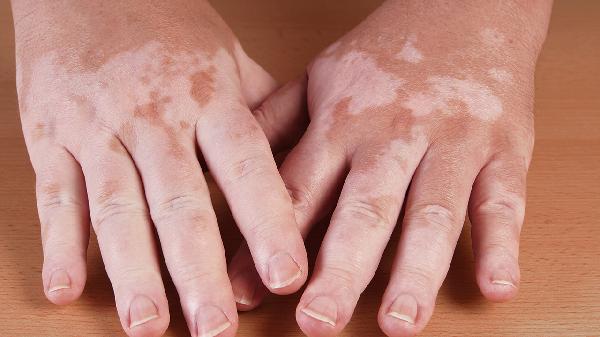After having a baby, mothers who are able to breastfeed will choose to do so because breast milk is rich in nutrients, easy for the baby to absorb, and considered the best and most suitable food for the baby. Breastfeeding can enhance the baby's immunity, reduce the likelihood of illness, and promote faster development compared to formula-fed babies.
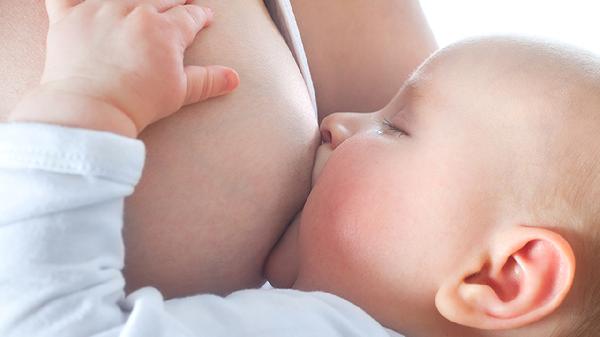
Given the numerous benefits of breast milk, mothers naturally opt for breastfeeding. However, if the quality of breast milk declines at certain times, it can affect the baby's physical development. So, when are the times when it's not suitable to breastfeed the baby?
1. Right After a Bath
When the baby has just taken a bath, their breathing hasn't stabilized yet. If they start nursing immediately, it can harm the baby's spleen and stomach, leading to diarrhea. If the mother has just taken a hot bath, the heat can make the breast milk warmer. On the other hand, if the water was cold, it can cause the blood vessels to constrict. Whether the milk is too hot or too cold, both can affect its quality. Therefore, it's recommended that the mother rests for half an hour after bathing and uses a breast pump to express the initial milk before feeding the baby.
2. When the Mother Has Eaten Oily or Spicy Food
Some mothers, in an effort to speed up their postpartum recovery, consume a lot of rich and oily foods. Others have a strong preference for spicy foods and, after abstaining during pregnancy, indulge in them after giving birth. Whether the mother has eaten too much oily food or spicy food, it's not advisable to breastfeed the baby immediately. Oily foods can increase the fat content in the milk, leading to digestive issues like diarrhea or constipation. Spicy foods can irritate the baby's digestive system and increase the burden on their stomach.
3. When the Mother is Angry
When a person is angry, certain toxins are automatically generated in the body. This is a significant reason why the color and composition of the mother's milk can change. If the mother is angry or has just been angry, and breastfeeds the baby, the baby may ingest these toxins. Observations may show that the baby experiences subtle changes, such as an increased heart rate, irritability, and even difficulty sleeping at night. Milk containing these toxins can also disrupt the baby's digestive functions, making them more prone to symptoms like diarrhea.
4. Right After the Mother Has Exercised
Many mothers choose to exercise after the postpartum period to lose weight and improve their physical fitness. While this is encouraged, it's not advisable to breastfeed the baby immediately after exercising. During exercise, the body produces lactic acid, some of which enters the breast milk, affecting its quality. Babies who consume this milk are more likely to experience diarrhea.
Lastly, parents should also be aware that if the mother needs to take medication due to certain illnesses, it's best to inform the doctor that she is breastfeeding so that the doctor can prescribe medications that are safe for breastfeeding. The quality of the mother's milk is crucial for the baby's growth and development, so mothers should not think that they can act recklessly after giving birth. Taking care of and feeding a baby requires more attention and care!

